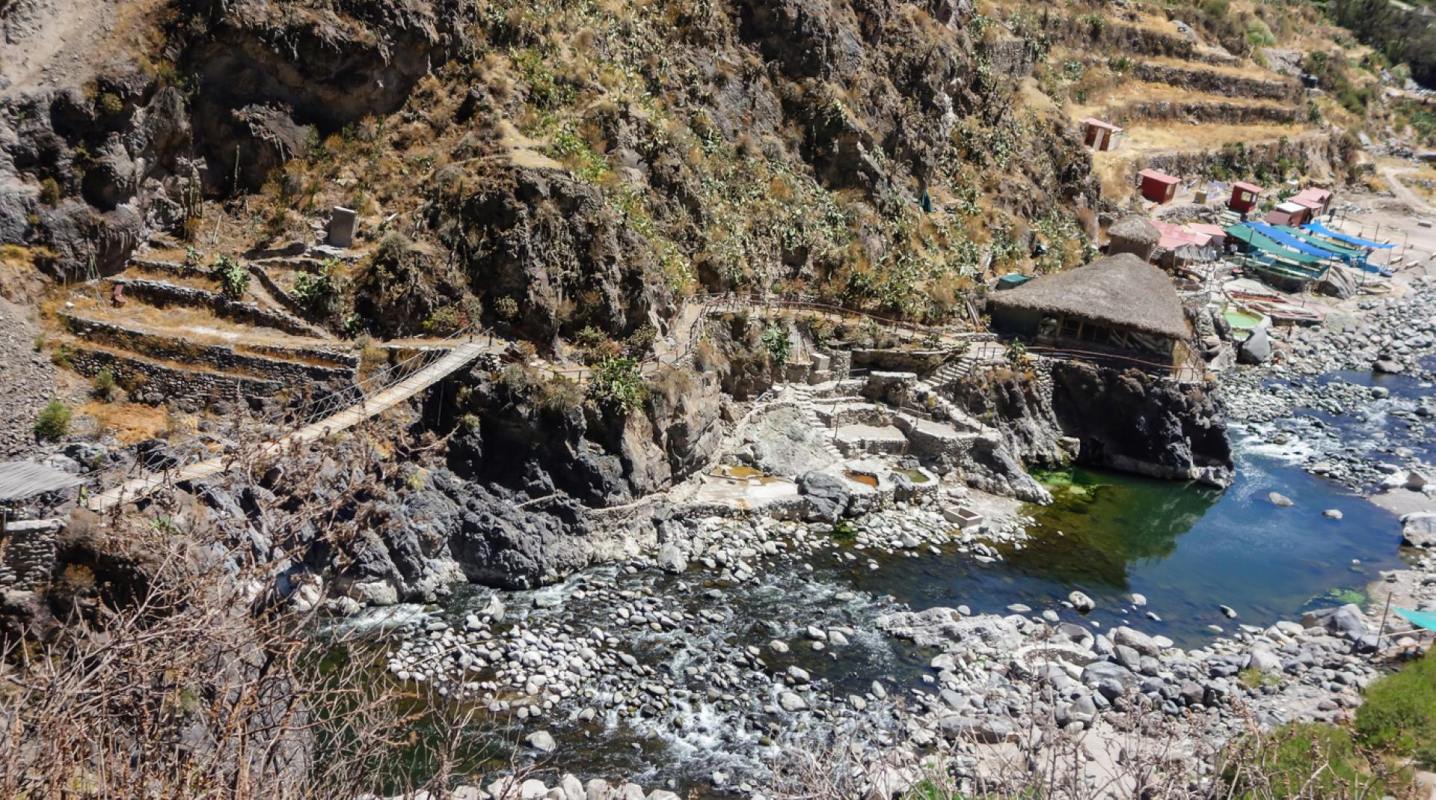Researchers last year discovered a new species of amphipods that could help unlock how other freshwater animals can survive rising global temperatures.
The shrimp-like scavengers thrive in the record-hot waters of Los Baños del Inca in Cajamarca, Peru, Technology Networks reported. The team of Japanese and Peruvians published their study in May in Invertebrate Systematics.
"This is an important finding because it indicates that the diversity of habitats for amphipods is much greater than previously thought," said study co-author Ko Tomikawa, a professor at Hiroshima University's Graduate School of Humanities and Social Sciences.
The hot springs can reach 172.4 degrees Fahrenheit at their source, and the study showed the amphipods lived in nearby pools that were 122 degrees and in 95-degree channels, according to Technology Networks.
They went from "virtually inert" to "bustling with activity" as days progressed and the water heated up. The 125.8-degree temperatures they survived in the research would kill other crustaceans and marked the highest recorded habitat temperature of amphipods, the study stated.
The finding may not be as shocking as when researchers uncovered the teeth of an ancient shark species in … wait for it … Kentucky, or when a dog sniffed out a believed-to-be-extinct sand-swimming mole in South Africa, but it has far-reaching implications.
"Many animals cannot tolerate high-temperature environments because proteins are thermally denatured at high temperatures," Tomikawa said. "We guess the new species found in the hot spring of Peru has acquired a protein that is highly active at high temperatures during the course of evolution."
Technology Networks reported the discovery could help scientists understand how other creatures can survive warming temperatures.
"Rising water temperatures due to recent global warming pose a threat to the survival of freshwater organisms that prefer cold water environments. Detailed studies on the ecology and physiology of Hyalella yashmara may reveal the mechanism of high-temperature tolerance in crustaceans," Tomikawa said.
"This information is of great importance as a basis for the conservation of cold-water freshwater organisms."
Join our free newsletter for weekly updates on the coolest innovations improving our lives and saving our planet.









